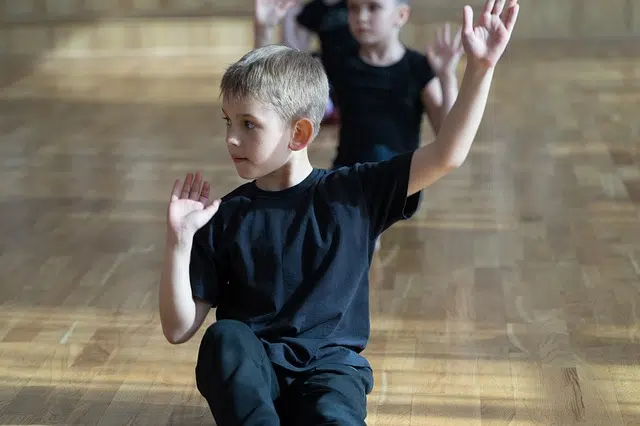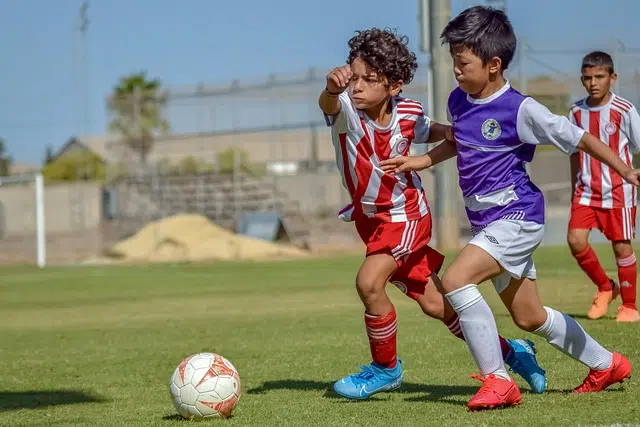
Physical education can be a school subject.
The term that we are going to analyze is made up of two clearly differentiated parts. Thus, first of all it is made up of the word education whose etymological origin is found in the Latin educatio which, in turn, is the result of the addition of the prefix ex which means "outwards", the verb ducere which is equivalent to "to guide". and the suffix – cion which is synonymous with “action”.
Secondly, there is the word physics that emanates from Greek and more specifically from the union of two perfectly delimited parts: the term physis which can be translated as "nature" and the suffix - ica which is equal to "science."
Making a precise definition of physical education is an arduous task. The thing is that, in the academic field, there are different conceptions and approaches related to the term. Physical education can be an educational , recreational , social , competitive or therapeutic activity, for example.
Physical education as training
Regarding its educational or training meaning, physical education is a scientific-pedagogical discipline , which focuses on body movement to achieve a comprehensive development of the physical, affective and cognitive capabilities of the subject.
We said that physical education is a discipline and not a science , since it does not deal with the specific study of a certain object, but rather takes elements from various sciences to form its framework of application.
Regarding the integral development of the individual, physical education transcends the ancient idea of the human being as a sum of body , mind and soul ; On the contrary, it works on all aspects of the person as a unit .

Sports practice is part of physical education.
A school subject
In addition to all of the above, it must be emphasized that within the scope of teaching there is the subject of Physical Education. Thus, for example, in Spain this subject is taught in both Primary and Secondary. In the first case, it focuses on the development of perceptual games, cooperative games, initiation to different sports disciplines or body expression.
In Secondary School, however, what this aforementioned subject fundamentally seeks is for students to acquire healthy lifestyle habits, learn to overcome their difficulties, accept their own body and improve their physical qualities. Hence, among other activities, we are committed to developing different sports such as basketball, football or tennis with which young people will learn to make an effort, to work as a team, to compete and also to accept their own mistakes.
Currents of physical education
The different currents of physical education can be defined according to the way in which the discipline is focused.
There are currents that focus on education (its field of action is the school and the educational system in general), on health (physical education is considered a health-promoting agent, with the intention of preventing diseases), in competition (discipline as sports training for the development of high performance), in recreation (playful activities to link the subject with the environment) and in body expression (from the influence received from dance, yoga and music).
